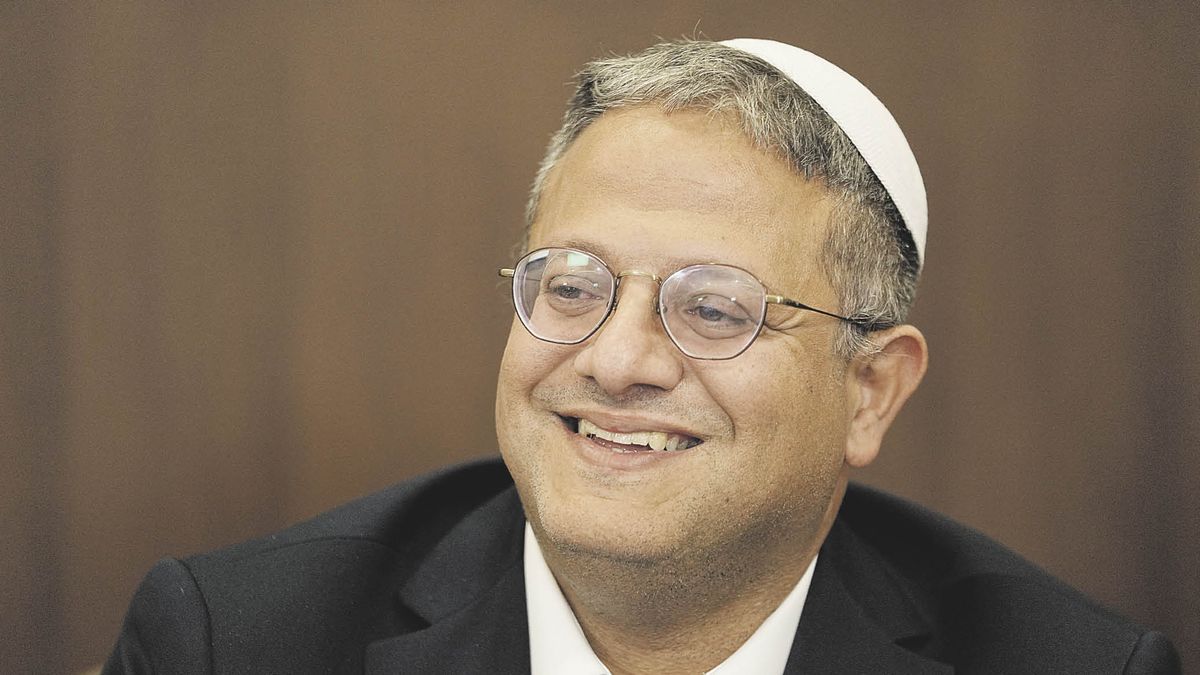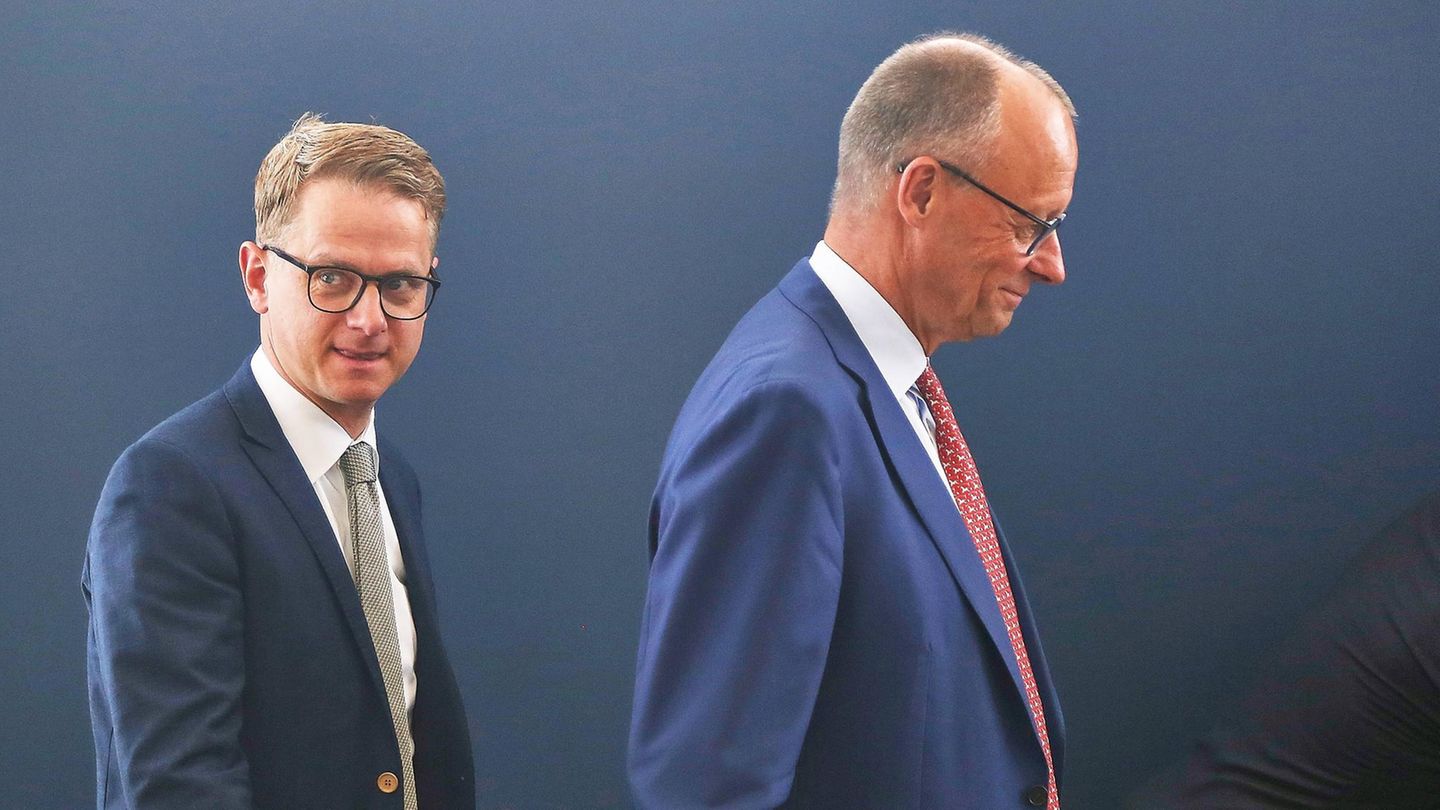The Esplanade of the Mosques, the third holiest place in Islam and the holiest in Judaism -according to which it is called the Temple Mount-, is located in the Old City of Jerusalem, in the Palestinian sector occupied and annexed by Israel.
By virtue of a historical “status quo”, non-Muslims can visit the area at certain times, but cannot pray there. However, in recent years, a growing number of Jews, often nationalists, pray there, which Palestinians consider a “provocation”.
Ben Gvir, who was there several times as a deputy, announced his intention to go as minister, which the Islamist Hamas movement, which controls the Gaza Strip, described as a “prelude to an escalation in the region.”
“The Israeli government, of which I am a member, will not give in to a vile and murderous organization,” Ben Gvir declared after his visit. “If Hamas believes that threatening me will deter me, let them understand that times have changed,” he added in a tweet.
Program
The minister, a lawyer who lives in one of the most extremist settlements in the occupied West Bank, defends Israel’s annexation of the West Bank, where some 2.9 million Palestinians and 475,000 Israelis live in settlements deemed illegal by the UN.
Such an act would pose a serious challenge from Israel to the United States and almost the entire international community, since it would derail the possibility of a Palestinian state and raise serious concerns for the fate of the Arab population.
Hazem Kasem, a spokesman for Hamas, called the visit a “crime.” “Our Palestinian people will continue to defend their holy sites and the Al Aqsa Mosque,” he vowed.
Several Arab countries condemned the displacement. The Jordanian Ministry of Foreign Affairs denounced a “provocation” that may be the harbinger of an “escalation” and summoned the Israeli ambassador in Amman. The United Arab Emirates called for an “end to serious and provocative violations” of the site. Saudi Arabia, the Arab League and the Organization of Islamic Cooperation also condemned the visit.
Caveat
For his part, the US ambassador to Israel, Tom Nides, stated that the White House “has clearly expressed to Israel that it opposes any measure that could undermine the ‘status quo’ in the holy places,” according to an Office spokesman. of Palestinian Affairs of the United States.
In a statement, Israeli Prime Minister Benjamin Netanyahu said he was “determined to strictly uphold the ‘status quo,'” stating that other ministers have visited the esplanade in the past.
Meanwhile, the head of the opposition, Yair Lapid, criticized the displacement.
“This is what happened when a weak prime minister was forced to hand over responsibility to the most irresponsible person in the Middle East in the most explosive place in the Middle East,” he tweeted.
In 2000, the visit of Ariel Sharon, then head of Israel’s right-wing opposition, to this holy site was perceived as a provocation by Palestinians.
The next day, bloody clashes between Palestinians and Israeli police marked the beginning of the second Intifada (Palestinian uprising, 2000-2005).
In May 2021, following violence on the Esplanade and elsewhere in East Jerusalem, Hamas fired rockets at Israel, sparking an 11-day war.
Source: Ambito
David William is a talented author who has made a name for himself in the world of writing. He is a professional author who writes on a wide range of topics, from general interest to opinion news. David is currently working as a writer at 24 hours worlds where he brings his unique perspective and in-depth research to his articles, making them both informative and engaging.




